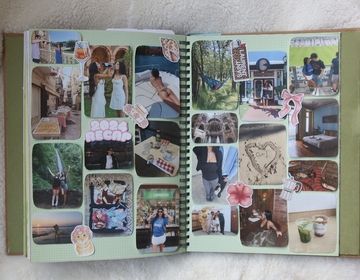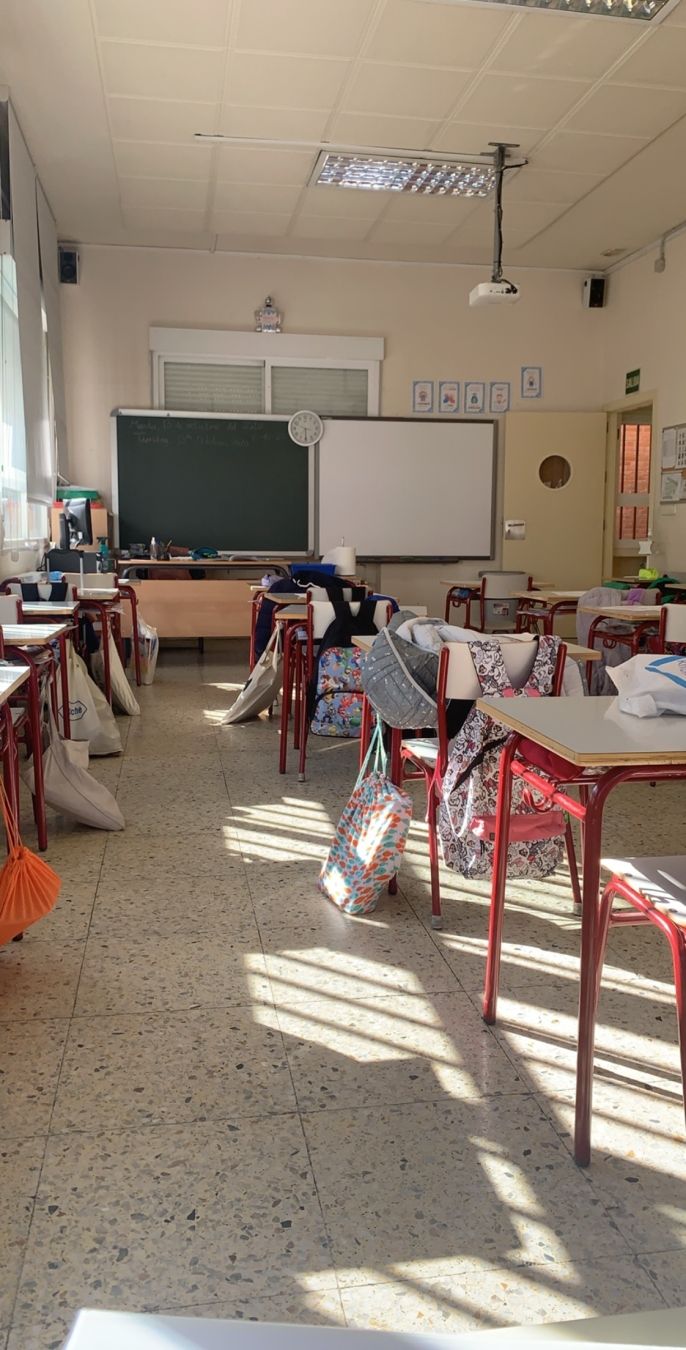Classroom Dichos
“Okay good, now let’s try that again-in English this time.”
And with that I get a blank look and a couple of long-lashed blinks.
I use this line too many times to count in my first and second grade classrooms. Though the little ones have impressive language skills, they often feel tired or they run out of words and default to their native tongues. First graders, in particular, will try to speak to Language Assistants as easily as they do their parents, because the concept of someone unable to speak their language is too abstract for those concrete-operational little brains of theirs.
Auxiliares are expected to speak English at all times, so when children speak Spanish due to a lack of skill, we simply respond accordingly in English. There is no requirement to speak Spanish, and if you do speak the language, the students can not know that. Our supposed cluelessness is their incentive to try their best in English. Still, some Spanish phrases are helpful to know, so that when a young student tries to tell us they need help or don’t understand, the auxiliar does not have to lose time asking their teacher to translate.If we understand what the student is asking, we can rephrase their request in English; this helps students have the skills to get their needs met and simultaneously learn new words. As a result of many hours in Spanish classrooms in escuela primaria, I’ve caught wind of the following common phrases that help me understand how I can best help the students.
- No lo entiendo. / I don’t understand it.
- ¿A quién le toca? / Whose turn is it?
- ¿Cómo se escribe ______ en inglés? / How do you write ______ in English?
- No sé. / I don’t know.
- Mira / Look
- ¿Guardamos todo? Do we put everything away?
- ¿Puedo ir al baño? Can I go to the bathroom?
- ¿Sabes español? / Do you know Spanish? *When kids ask me if I speak Spanish, I always smile and respond with, “I speak English.”*
- ¡Ya está! / Done! Finished!
- ¿Cómo se dice _______ en inglés? / How do you say ______ in English?
Don’t worry-
Even if you understand these phrases, as long as you respond in English the kids won’t know whether or not you speak their language. One time as I was walking into the classroom, a little girl said “hola” and I reflexively replied in Spanish. The entire second grade gave a collective gasp that I said the word for “hello”.
Keep your ears open for these classroom dichos and remember to always speak English! Hasta luego-

Related Posts

How to Get a Spanish Library Card in Madrid (From an Aux Who Has One)
Looking to read more books in Spanish to improve your fluency? Check out this post for an explanation on how to get a Spanish library card in Madrid as an aux.

A Weekend Guide to Riga, Latvia
After living in Latvia for a few months when I studied abroad, I've become something of a Latvia devotee. It's been three years since I moved away and still won't shut up about how good of a time I had there, so this is me just trying to share the wealth.

Coping With Being Abroad During Big Events And Holidays
Being abroad for an extended period can be emotionally challenging, especially when distance creates guilt around missing major moments back home. This post explores practical and emotional ways to stay connected with loved ones, from managing time zone differences to sharing traditions abroad. Through journaling and reflection, this experience, both the highs and lows, can become a meaningful chapter rather than something to simply endure.
